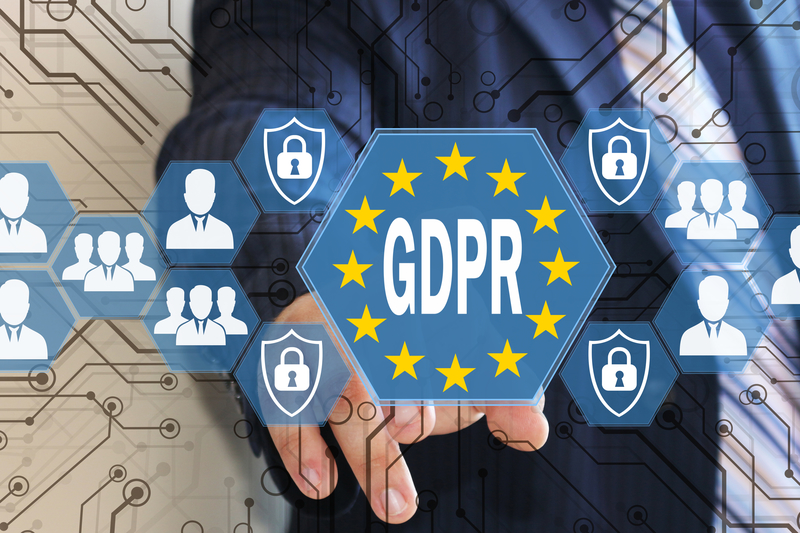Business owners have a lot of responsibilities to consider. They need to think about everything from product development to recruitment strategy, marketing campaigns, workplace culture, and more, but one of the most important subjects of all for any entrepreneur to keep in mind in today’s world is data protection.
It doesn’t matter what line of work your business happens to be in, whether it’s the education industry, retail, technology, finance, or something totally different; every company collects and creates large quantities of data over the course of the average year. This might include everything from sensitive files related to projects under development to customer data like phone and credit card numbers.
This data is valuable and needs to be treated as such, and in today’s world, there are a lot of ways for data to slip into the wrong hands. In the past, with traditional paper file systems, the only risks you had to worry about were people breaking in and stealing physical copies of your files or issues like floods and fires destroying them.
In the modern world, a hacker on the other side of the planet could break into your company’s network using viruses or malware and sell your data off on the dark web in a matter of minutes without anyone at the company even knowing what happened. This is why data protection matters so much, and this guide will cover some of the key advantages of a strong data protection strategy.
Resisting Attacks
Of course, one of the most obvious benefits of data protection is that it can help to defend your company against the multitude of threats and attacks that occur in cyberspace all the time.
There are countless hackers out there, all coming up with new and innovative ways to try and break into company networks and steal sensitive data, and you need to be ready to handle those attacks if and when they come. Strong protection like anti-malware and cloud security can help in a big way.
Compliance
Another big issue to think about when it comes to protecting data is quite simply compliance with new and evolving rules and regulations.
There are various policies and programs in place designed to protect people’s data, and if your company doesn’t comply with these policies, you won’t even be allowed to operate in certain markets. The GDPR, for instance, regulates the transfer of personal data in EU countries.
Keeping Up with the Competition
As well as keeping up with the latest rules and regulations, you also have to think about keeping up with the competition in your chosen industry too, as rival companies are always looking for a way to get the edge over their competitors, and one way they can do this is through strong data protection.
If customers have a choice between two different companies and see that one of them has had data breaches in the past while the other promises to enforce strong cyber-security policies to protect their information, they’ll always choose the more trustworthy brand.
Establishing Trust Among Customers and Clients
Following on from the previous point, it’s clear to see that a solid data protection strategy can also help to establish trust and confidence among your customers too, giving them additional reasons to invest in the products and services you have to offer.
Consumers are increasingly cautious about who they give their personal information to, especially in the wake of so many high-profile data breaches involving big corporations. They need to know that they can rely on your brand to handle their data with care and consideration.
Minimizing Downtime
Another key reason to make the most of today’s data protection solutions is to actually minimize any possible downtime your company might experience during disaster situations. For instance, if your servers or other hardware with company files gets taken offline, you need to have direct access to secure data back-ups to get your business back up and running.
Without these back-ups, you can find yourself in a situation where work becomes impossible and profits are being lost every single second until the situation is resolved. Indeed, statistics show that the average cost of IT downtime is in excess of $5,000 per minute.
Final Word
From these advantages, it’s clear to see that data protection is something to be taken very seriously. No company can afford to overlook this matter, as having the right protection can strengthen your brand, bolster consumer relationships, and even protect your profits too.


